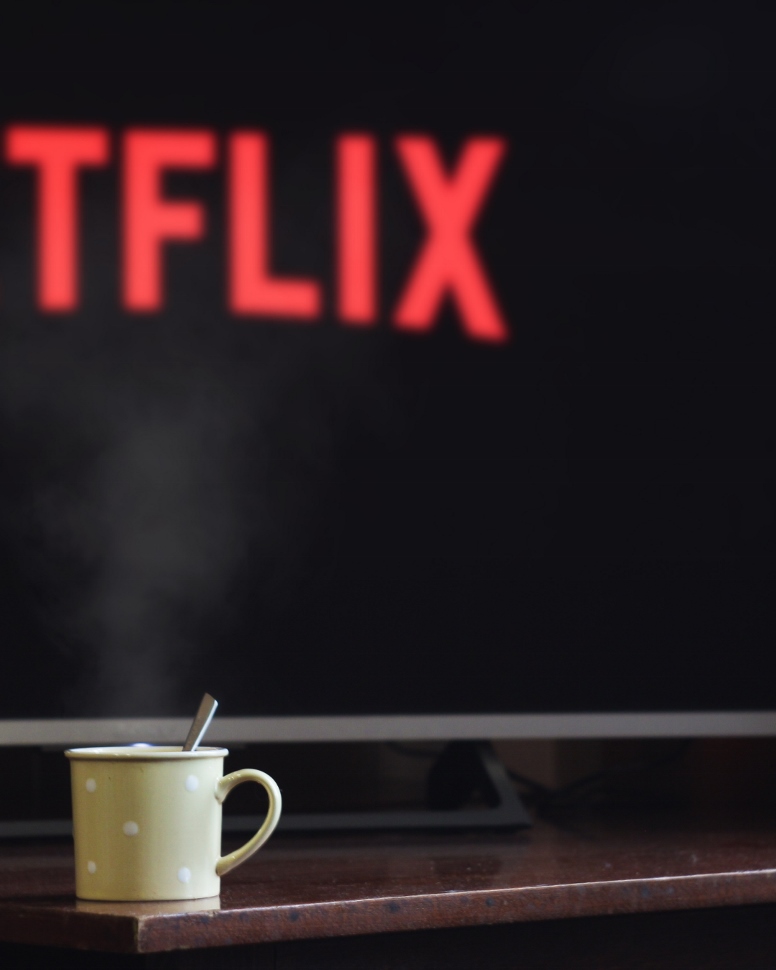
Netflix is adding gas to the fire.
On October 16, the company sent its quarterly letter to shareholders. The company grossed $5.2 billion in third-quarter revenue (up 31 percent from a year ago), and paid memberships spiked to 158 million (up 21 percent from a year ago). At the same time, the company announced that it is spending another $2 billion to expand its burgeoning portfolio of content to further fuel growth.
Netflix faces intense competition from streaming services like Apple TV, Disney+, and HBO Max. Interestingly, the company downplayed the streaming wars in the shareholder letter, saying it’s been competing with streamers like Amazon, YouTube, and Hulu (and linear TV) for a decade now. However, the letter did acknowledge there will be “modest headwind to near term growth” from streaming competition and outlined how the company intends to grow in the face of it.
Here are the strategies outlined and what any business leader can learn from them.
1. Take bold swings.
As the shareholder letter said, “Amazing content can be expensive.” In fact, to fund the latest $2 billion investment in content development, the company is adding $2 billion in debt, on top of $12 billion already on its balance sheets. But also as the letter said, “We don’t shy away from taking bold swings if we think the business impact will also be amazing.”
Given Netflix’s ambitious goals to keep 158 million current members satisfied and attract many more, it must think big. That means creating a broad swath of content, consistent with viewers diverse tastes. Big, bold swings.
I’ve worked on many businesses over a 30-year career and can tell you the most successful ones had at their core a few big, bold bets that paid off. Note that I’m not saying every big bet paid off. I’ve learned you have to break some eggs to make an omelet.
2. Don’t chase every deal on the table.
The easy thing is to do everything. While Netflix is betting big and wide, the shareholder letter was clear that it’s staying disciplined and assessing each opportunity individually: “We don’t close every deal we chase and we don’t chase every deal on the table.”
I’ve worked for many managers who couldn’t say no to anything and ended up getting way less than their fair share of everything.
3. Be clear on the business you really compete in.
Netflix doesn’t see its competition as other streaming services but as all screen entertainment time (including linear TV and video games, for example). The company says it has less than 10 percent of U.S. TV screen time and far less than that on mobile.
Netflix feels that, just as broadcast TV migrated to cable, linear TV will dramatically shift to on-demand entertainment consumption. The competition will be everyone vying for a piece of this “once-in-a-generation” change (as the letter put it), not just streamers.
Netflix has effectively expanded the category it competes in. I’ve experienced this working for some big brands at Procter & Gamble. For example, Tide decided it wasn’t in the laundry detergent business, but in the clothing care business. That changed who it competes with and spurred initiatives like Tide Dry Cleaners. It’s often better to get a smaller slice of a much bigger pie than to keep fighting for a bigger slice of the same heavily contended-for pie.
4. Don’t put all your eggs in one basket.
Netflix pointed out that its whopping $15 billion cash spend on content in 2019 alone insulates it from being overly dependent on any one single title. It’s spreading its bets.
On occasion at P&G, I experienced being far too dependent on one customer for business (usually Walmart). It created a slippery slope. When one customer is 40 percent of your annual sales, you’re at its mercy–it can make or break your year in the blink of a disgruntled executive’s eye.
5. Constantly earn your customers loyalty.
One could understand if Netflix felt bullish with its massive existing base of subscribers. But it doesn’t feel its leadership share of the streaming universe will automatically lock in future viewers. The shareholder letter makes it clear that Netflix has been preparing for the competitive onslaught for a long time, pointing to the fact that it started investing in original content (what viewers crave most) in 2012 and has been expanding that investment aggressively ever since.
As the letter said, “We’re ready to compete to earn consumers’ attention and viewing.” Netflix is launching big titles like The Witcher (based on the popular video game) and The Irishman, Martin Scorsese’s latest mob vehicle. My experience shows me that leaders on declining brands often have a too-assuming mindset, taking for granted that the consumers they have will always be there. Don’t fall for this trap.




Leave a Reply